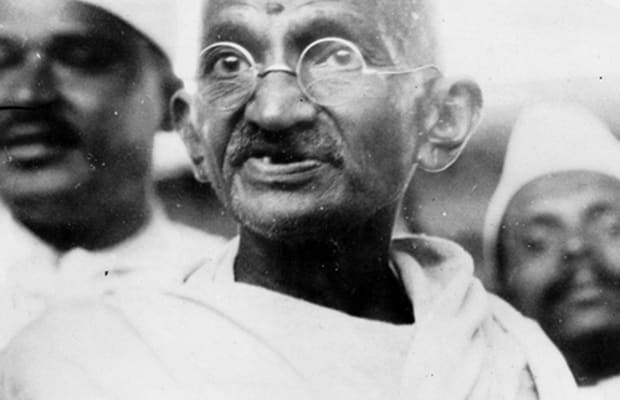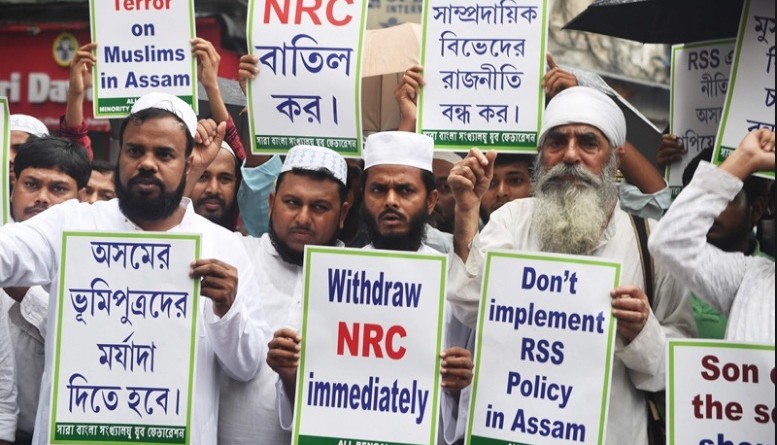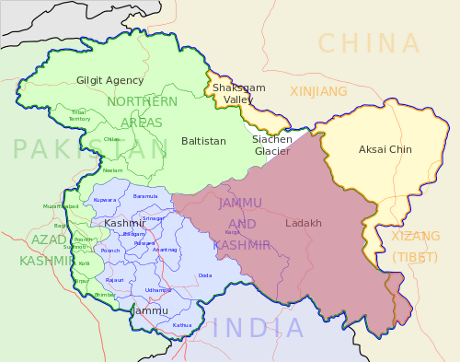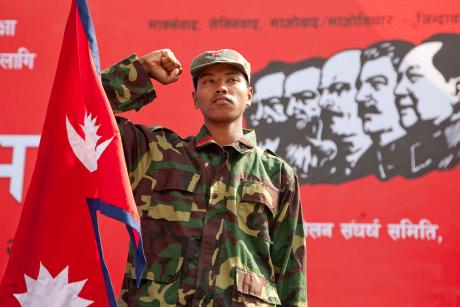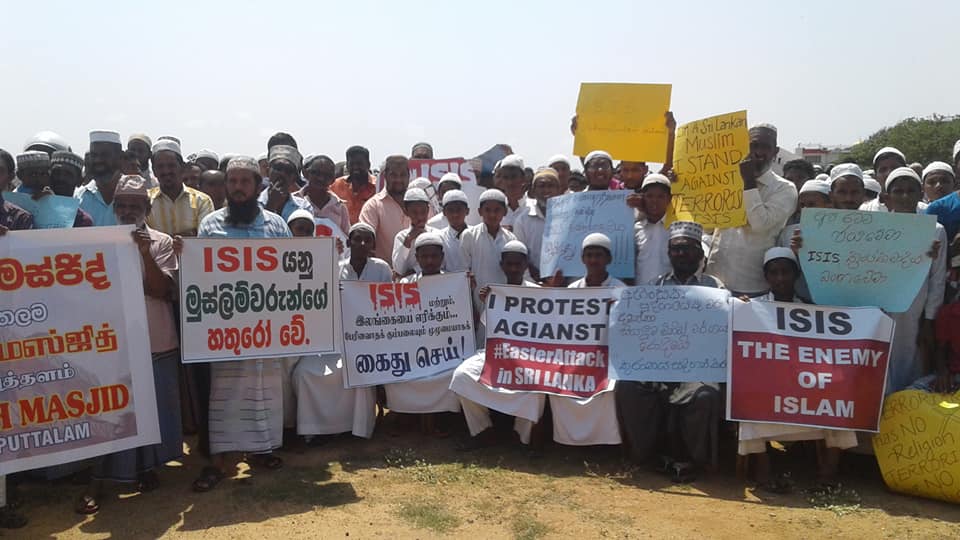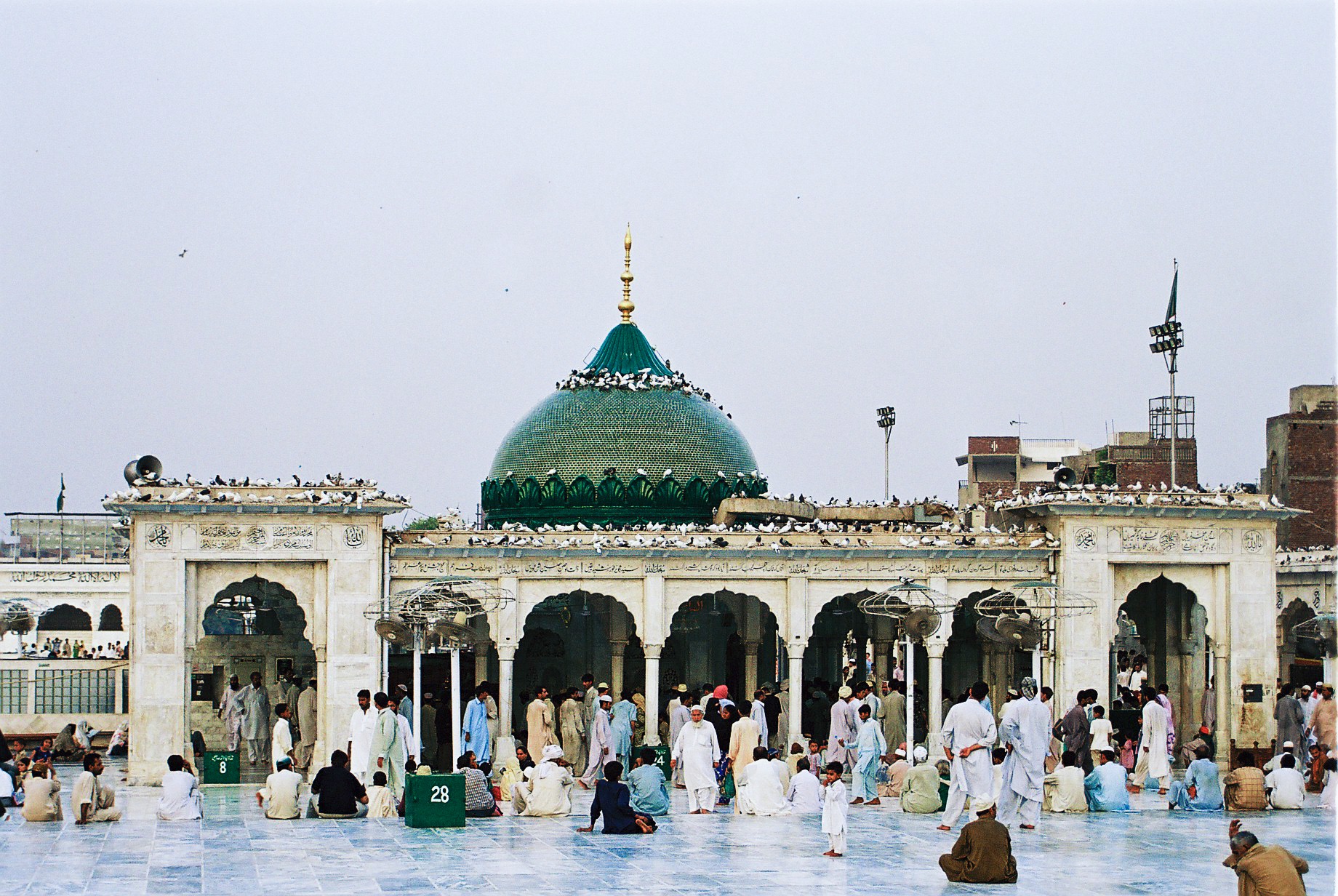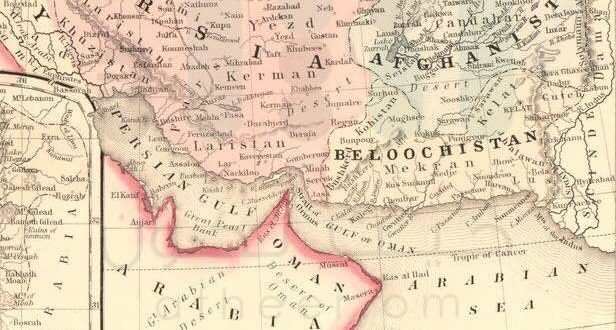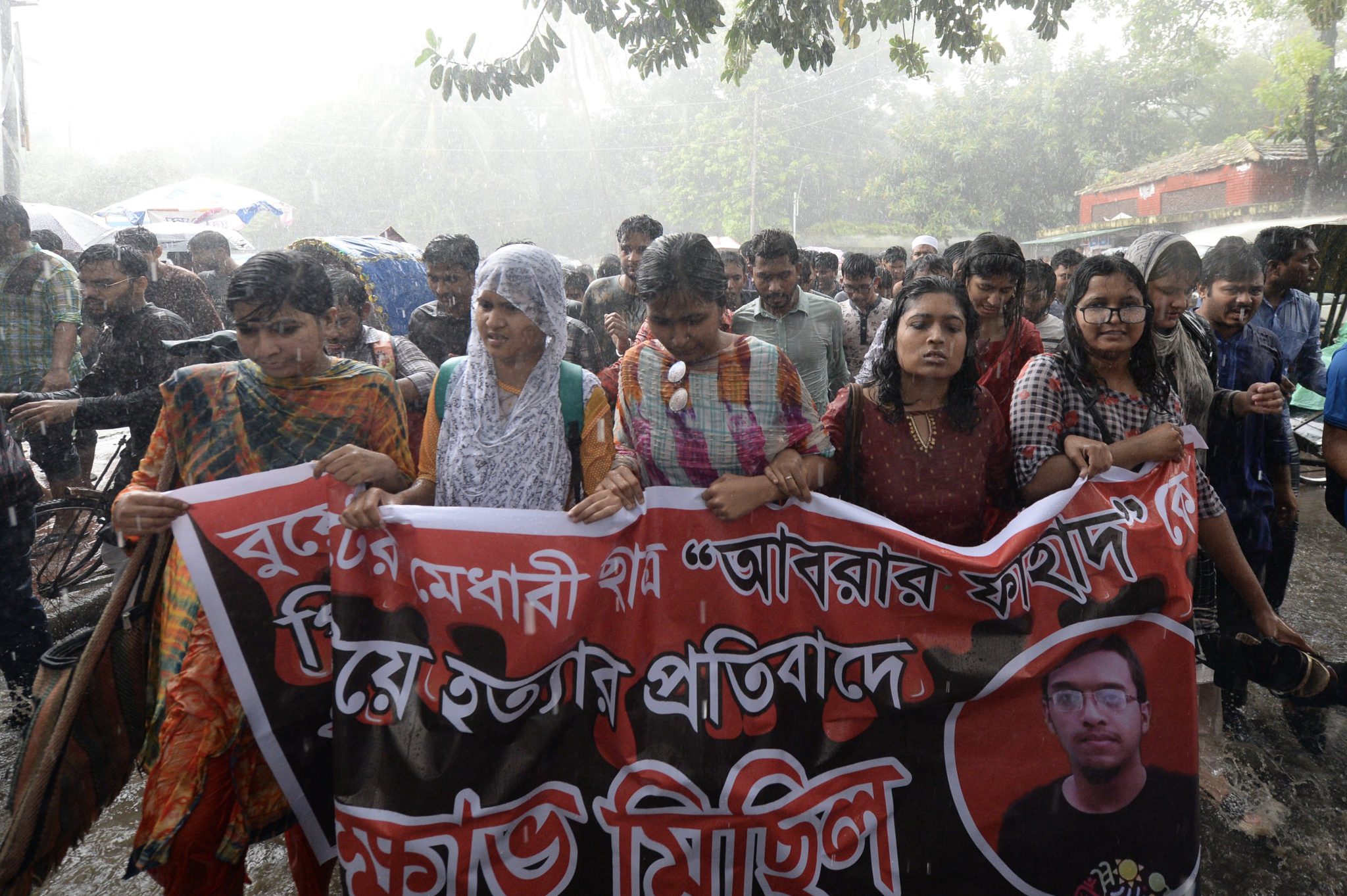
Death of water activist sparks Bangladesh protests
Thousands of university students have held protests in Bangladesh since the killing of an undergraduate student, Abrar Fahad, who was beaten to death at the prestigious Bangladesh University of Engineering Technology. Several campus militants of the youth wing of the ruling Awami League have been arrested in the slaying. Protesters say Fahad was slain over his Facebook post critical of a water-sharing agreement just signed between Bangladesh and India. Under the agreement, signed one day before the murder, India is granted the right to withdraw 1.82 cusec (185,532 liters per hour) of water from Feni River. Apportioning the waters of Feni, Ganges, and other rivers shared by the two nations has long been a point of contention. Despite recent moves to protect these rivers, flow is now gravely threatened by the receding of the Himalayan glaciers due to climate change. (Photo: AJ+ via Twitter)



